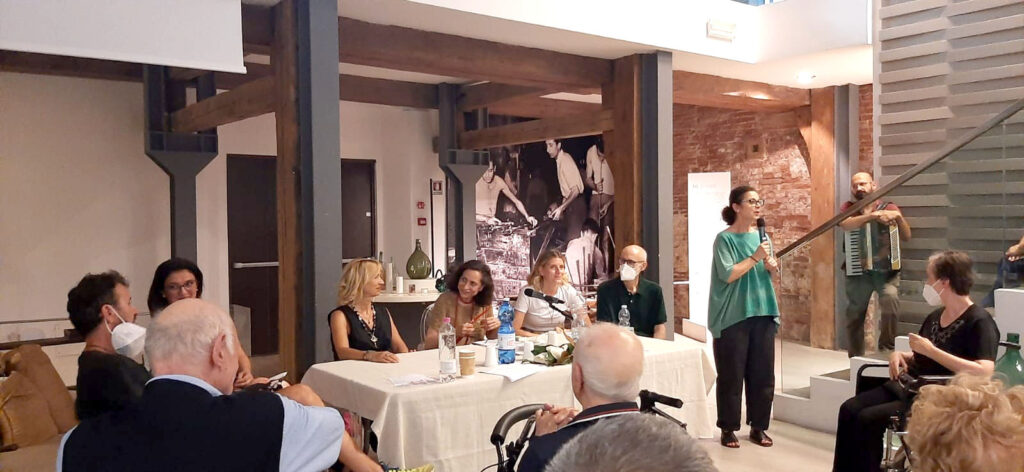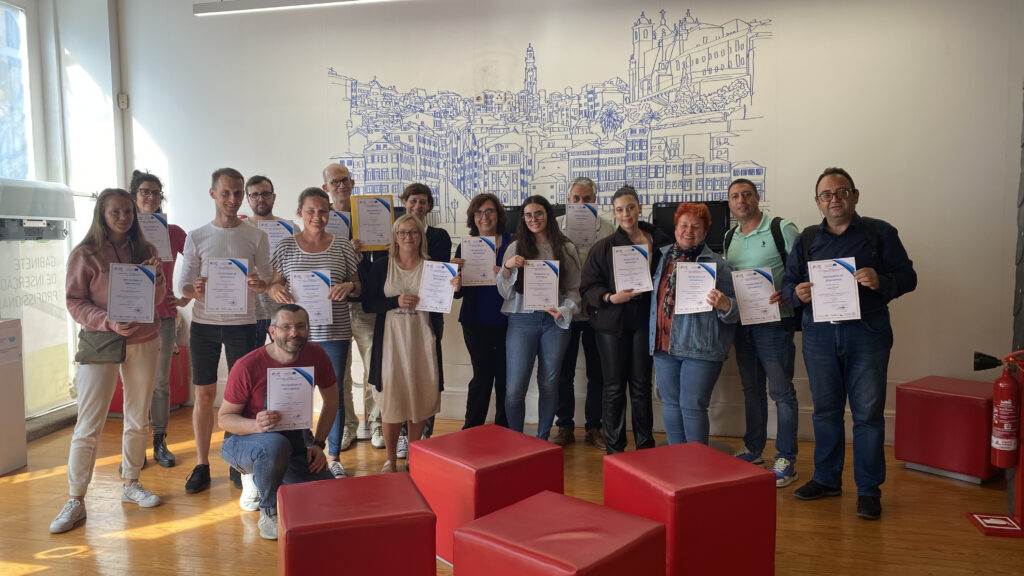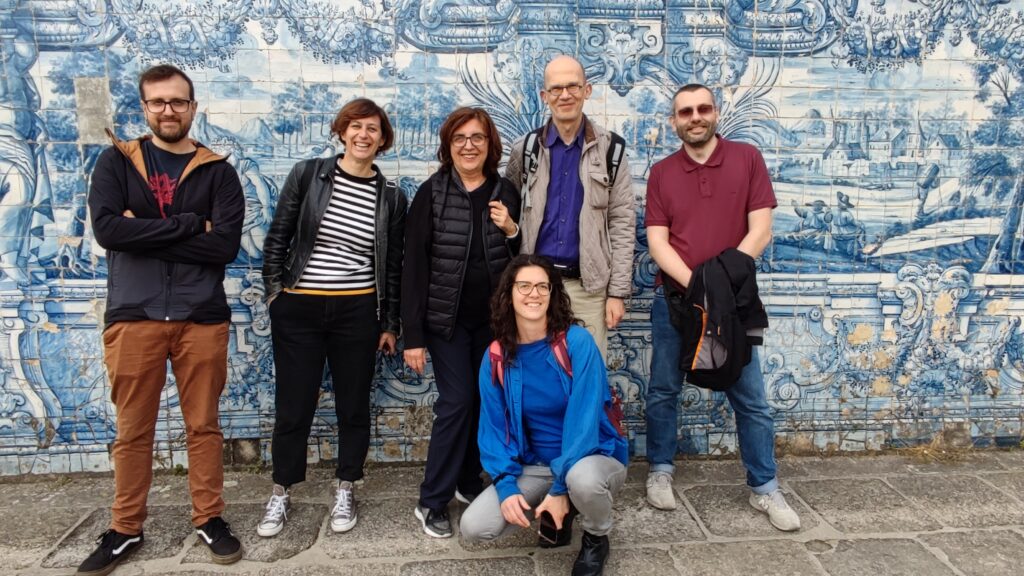“My life in Europe-a new Methodology to insert Your LIFE biography IN the EUROPE context” is part of the Erasmus+ program for innovation and the exchange of good practices, responding to the needs of the EC to extend and develop the competences of educators and other personnel who support adult learners, provide innovative technological tools able to support lifelong learning and training, increase awareness of European identity and help the psycho-physical well-being of its citizens, especially the weaker groups (Health 2020 European policy for health and well-being).
Project
PROJECT BIOGRAPHY
The project is based on two scientifically proven evidence:
the therapeutic, social and cultural value of autobiography as a tool capable of stimulating memory in patients with deficits, promoting social inclusion, intercultural and intergenerational exchange and mitigating the sense of loneliness and abandonment;
the beneficial effects that video games and online activities have on the cognitive functioning of the elderly (Kyriazis-Kiourti 2018).
HOW THE PROJECT WAS BORN
The project draws inspiration – in addition to specific studies and research – above all from an experience carried out within the RSA (Health Residence) “G. Meacci” managed by the Municipality of S. Croce sull’Arno (Pisa), during which specialized operators collected the life stories of the elderly.
The activity initially intended as recreational, however, soon turned out to be therapeutic and healing when the enthusiastic participation of the guests in the invitation to write about themselves, showed how autobiographical writing can stimulate memory, recreate emotional bonds, help socialization, the intergenerational and intercultural exchange.
The exchange of experiences that followed gave birth to the idea of a new project in which adult education, sociology, psychology and didactics meet with technology and with the new means that it makes available to offer educators innovative tools.
EUROPEAN IDENTITY
Thus was born the idea of creating a game that is easy to use and does not require the acquisition of specific skills, useful for introducing an autobiographical writing project in any non-formal educational path.
The project, which undoubtedly has a cultural, educational, social and therapeutic value, will also have a strong intercultural value: a special series of “Am I European?” it will give players and coaches the opportunity to create “matches” and see how many other players across Europe have had the same experience or feeling to discover that we are not so different quite the contrary.
Furthermore, all the autobiographies collected in the various EU countries will represent a precious archive of European memories: a repository of individual stories belonging to everyone.
The contribution of foreign partners will be fundamental both in the design and in the testing phase.
The goal is to create a product that has a “universal” value and the point of view of partners of different cultures and habits is fundamental in the search for all the stimuli (cards) that must have a “universal” and not “national” value . The search for “universal memory stimulators” would in fact risk failure if conducted from a “monocultural” point of view. Even more important will be their contribution to the test phase of the game, where culturally different points of view will be fundamental.
Finally, the support of partners from different countries will be essential for optimal dissemination.
EXPECTED RESULTS
The game is designed in such a way that it can be used both individually and in groups, without any limitation in the number of participants: the “players” will be offered countless emotional stimuli in the form of images, sounds and smells, which will turn into “stories” .
It is a manual for trainers designed for structures and associations that deal with assistance to the elderly at various levels, from the simple nursing home to the assistance center for Alzheimer’s and senile dementia patients, from the recreational center to shelters for non self-sufficient elderly.
The manual for trainers contains all the instructions for carrying out a training course dedicated to the introduction of autobiographical writing in therapeutic and recreational paths intended for the elderly with different and non-different pathologies.
Follow us
During the project you will be able to follow all the phases of the work in this section.



